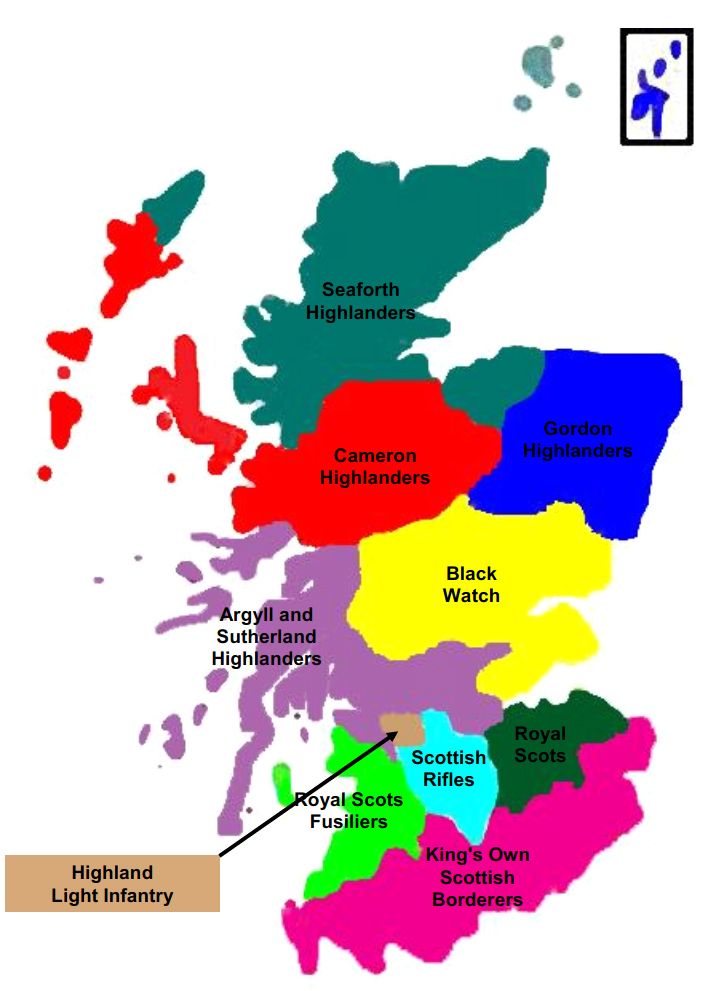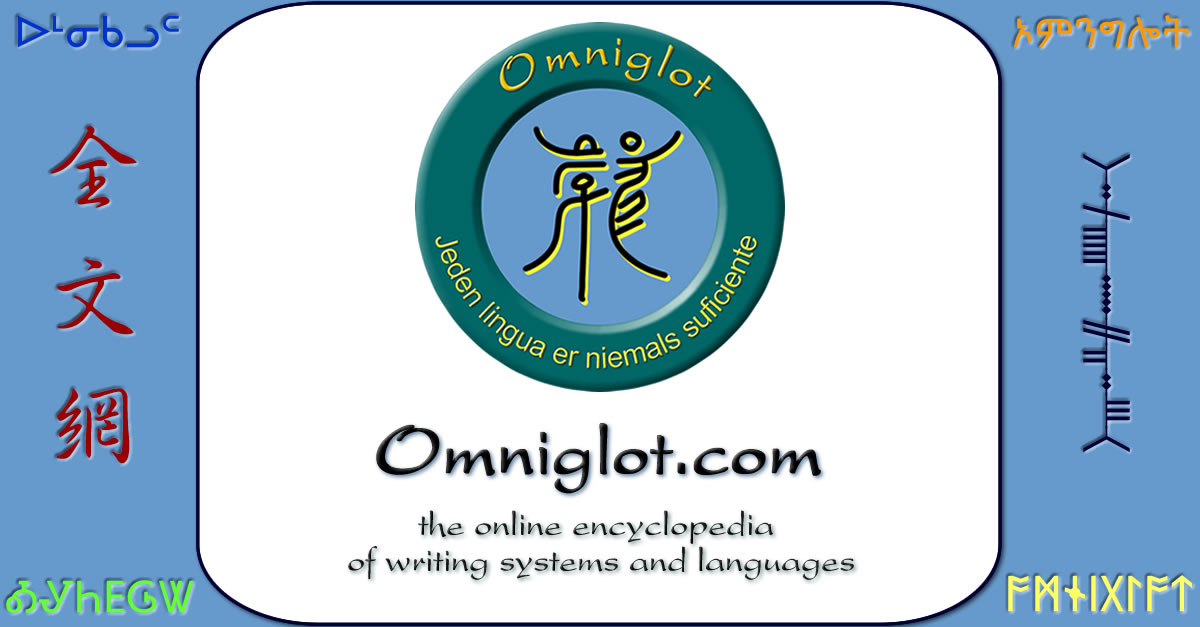They could use Glaswegian which is virtually unintelligible to outsiders, speaking as a Greenockian.Gaelic is really unlikely to be used, only the Seaforth's and Cameron Highlanders would have any meaningful number of Gaelic speaking recruits and even then the vast majority would be monolingual English (well sort of) speakers. Gaelic by this point was really confined to the islands and some small communities on the West Coast.

You are using an out of date browser. It may not display this or other websites correctly.
You should upgrade or use an alternative browser.
You should upgrade or use an alternative browser.
Sir John Valentine Carden survives.
- Thread starter allanpcameron
- Start date
- Status
- Not open for further replies.
Threadmarks
View all 220 threadmarks
Reader mode
Reader mode
Recent threadmarks
3 June 1941. Leyland, England. 5 June 1941. Chertsey, England. 7 June 1941. Operation Battleaxe. Day 1. 8 June 1941. Operation Battleaxe. Day 2. 9 June 1941. Operation Battleaxe. Day 3. (Part 1) 9 June 1941. Operation Battleaxe. Day 3 (part 2) 10 June 1941. Operation Battleaxe. Day 4. 12 June 1941. Operation Battleaxe. Day 5.I didn't know that the Hairy Legged Irish were recruited from such a small area. Glasgow?Gaelic is really unlikely to be used, only the Seaforth's and Cameron Highlanders would have any meaningful number of Gaelic speaking recruits and even then the vast majority would be monolingual English (well sort of) speakers. Gaelic by this point was really confined to the islands and some small communities on the West Coast.

And looking at where the Gordons covered, I'm reminded about a certain McAuslan...
It may be a small area but there's a lot of Hell's Last Issue to recruit.I didn't know that the Hairy Legged Irish were recruited from such a small area. Glasgow?
And looking at where the Gordons covered, I'm reminded about a certain McAuslan...
Depending on how much slang you toss in, Australian English could be nearly unintelligible too.
If you want truly unintelligible you need to bring in the Tyneside Scottish.
I spent a summer working in Newcastle and had to resort to writing in order to communicate.If you want truly unintelligible you need to bring in the Tyneside Scottish.
allanpcameron
Donor
Oi! I resemble that remark.They could use Glaswegian which is virtually unintelligible to outsiders, speaking as a Greenockian.
I live right beside the Barracks, former Depot of the HLI, now the Wyndford. Each of the blocks of flats have the story of a VC winner at the entrance way.I didn't know that the Hairy Legged Irish were recruited from such a small area. Glasgow?
Allan
allanpcameron
Donor
9th Highland Division's 26th Infantry brigade is 5th and 7th Seaforth Highlanders, and 5th Cameron Highlanders. Shouldn't be a problem.Gaelic is really unlikely to be used, only the Seaforth's and Cameron Highlanders would have any meaningful number of Gaelic speaking recruits and even then the vast majority would be monolingual English (well sort of) speakers. Gaelic by this point was really confined to the islands and some small communities on the West Coast.
Allan
How many liaison officers would be needed for a corps consisting of SH and CH, Aussies, London regiments (esp. Cockney battalions) and Kings African Rifles? And for the Germans, how many different English speaking linguists be needed?9th Highland Division's 26th Infantry brigade is 5th and 7th Seaforth Highlanders, and 5th Cameron Highlanders. Shouldn't be a problem.
Allan
Has it occurred to anyone that OTL the 5th Battalion of the Border Regiment would be part of the 6th Infantry Division?
No one born outside the county can possibly understand a Cumbrian Accent.
(Its often considered to have crossed the line into dialect - especially as most Cumbrians appear to be perfectly capable of not using it.)
No one born outside the county can possibly understand a Cumbrian Accent.
(Its often considered to have crossed the line into dialect - especially as most Cumbrians appear to be perfectly capable of not using it.)
There is a clip around of Karen Gillan doing publicity for Jumanji. She and some other cast members were asked to identify Australian slang. A notoriously difficult task.Depending on how much slang you toss in, Australian English could be nearly unintelligible too.
She did by far the best. Largely because of the common roots of Scottish and Australian slang.
Australian manages its incomprehensibility through multiply overloaded ironisation. You’d call your best mate something, and you’d call a stranger you disliked mate. But someone you genuinely disliked you’d wait forty minutes until they couldn’t remember you and king hit them from behind in a location without video cameras. And you’d use both words in all three cases using inflection or ironically used anti-inflection in context.
Back in the 1930s/40s there were similar inflective rules around irony combined with a dense ridiculous set of stereotyped metaphors, rhyming slangs and the like.
the problem is anyone who could do cockney could break Australian open as they used a lot of the same examples rules and systems.
Back in the 1930s/40s there were similar inflective rules around irony combined with a dense ridiculous set of stereotyped metaphors, rhyming slangs and the like.
the problem is anyone who could do cockney could break Australian open as they used a lot of the same examples rules and systems.
Hello,As for learning Gaelic it is brutally difficult, so it wouldn’t be something the Germans would have much success with.
There is...

Welsh language, alphabet and pronunciation
Welsh (Cymraeg) is a Celtic language family spoken mainly in Wales, and also in England and Argentina, by about 720,000 people.
omniglot.com

Old English—an overview | Oxford English Dictionary
Old English is the name given to the earliest recorded stage of the English language, up to approximately 1150AD (when the Middle English period is generally taken to have begun)....
public.oed.com
9th Highland Division's 26th Infantry brigade is 5th and 7th Seaforth Highlanders, and 5th Cameron Highlanders. Shouldn't be a problem.
Allan
Ok but what about the divisional net?
Hindustani - basically smearing the difference between Hindi and Urdu,
As I understand it, Hindustani was what the British tended to call Urdu. According to this, when the Mughals conquered Northern India, the language of the court was Persian, the native language of the conquerors was Arabic, but the language of the locals was considered either Hindi or Urdu depending on whether it used Sanskrit or Arabic characters. Over time Urdu diverged by incorporating more Arabic and Persian elements until it was considered distinct. It officially became the language of the Indian army after 1864.From the little i heard the main difference is in the script as opposed to the spoken....but I am probably wrong........hearsay is not admissible
Depending on how much slang you toss in, Australian English could be nearly unintelligible too.
If you want truly unintelligible you need to bring in the Tyneside Scottish.
Supposedly during the Cold War American planes monitoring radio traffic in the North Atlantic looking for Soviet transmissions picked up something they thought must be a Russian code language. They brought it back and a team of cryptographers and linguists was brought together to crack it. Supposedly it took some time for them to realize they had picked up a couple of Newfie Fishermen talking between their boats.I spent a summer working in Newcastle and had to resort to writing in order to communicate.
Probably not a true story. But believable if you have ever spoken to a Newfoundlander.
Last edited:
Gealic is a Celtic language, while Old English is a Germanic language. The two are different branches of the Indo-European language tree.Hello,
There is...

Welsh language, alphabet and pronunciation
Welsh (Cymraeg) is a Celtic language family spoken mainly in Wales, and also in England and Argentina, by about 720,000 people.omniglot.com
Old English—an overview | Oxford English Dictionary
Old English is the name given to the earliest recorded stage of the English language, up to approximately 1150AD (when the Middle English period is generally taken to have begun)....public.oed.com
My father used to work with a couple of Scottish guys, one of whom was from Aberdeen, and the only person in the entire company who could understand him (and thus, could translate for him) was a Glaswegian.Supposedly during the Cold War American planes monitoring radio traffic in the North Atlantic looking for Soviet transmissions picked up something they thought must be a Russian code language. They brought it back and a team of cryptographers and linguists was brought together to crack it. Supposedly it took some time for them to realize they had picked up a couple of Newfie Fishermen talking between their boats.
Probably not a true story. But believable if you have ever spoken to a Newfoundlander.
Last edited:
Threadmarks
View all 220 threadmarks
Reader mode
Reader mode
Recent threadmarks
3 June 1941. Leyland, England. 5 June 1941. Chertsey, England. 7 June 1941. Operation Battleaxe. Day 1. 8 June 1941. Operation Battleaxe. Day 2. 9 June 1941. Operation Battleaxe. Day 3. (Part 1) 9 June 1941. Operation Battleaxe. Day 3 (part 2) 10 June 1941. Operation Battleaxe. Day 4. 12 June 1941. Operation Battleaxe. Day 5.- Status
- Not open for further replies.
Share: